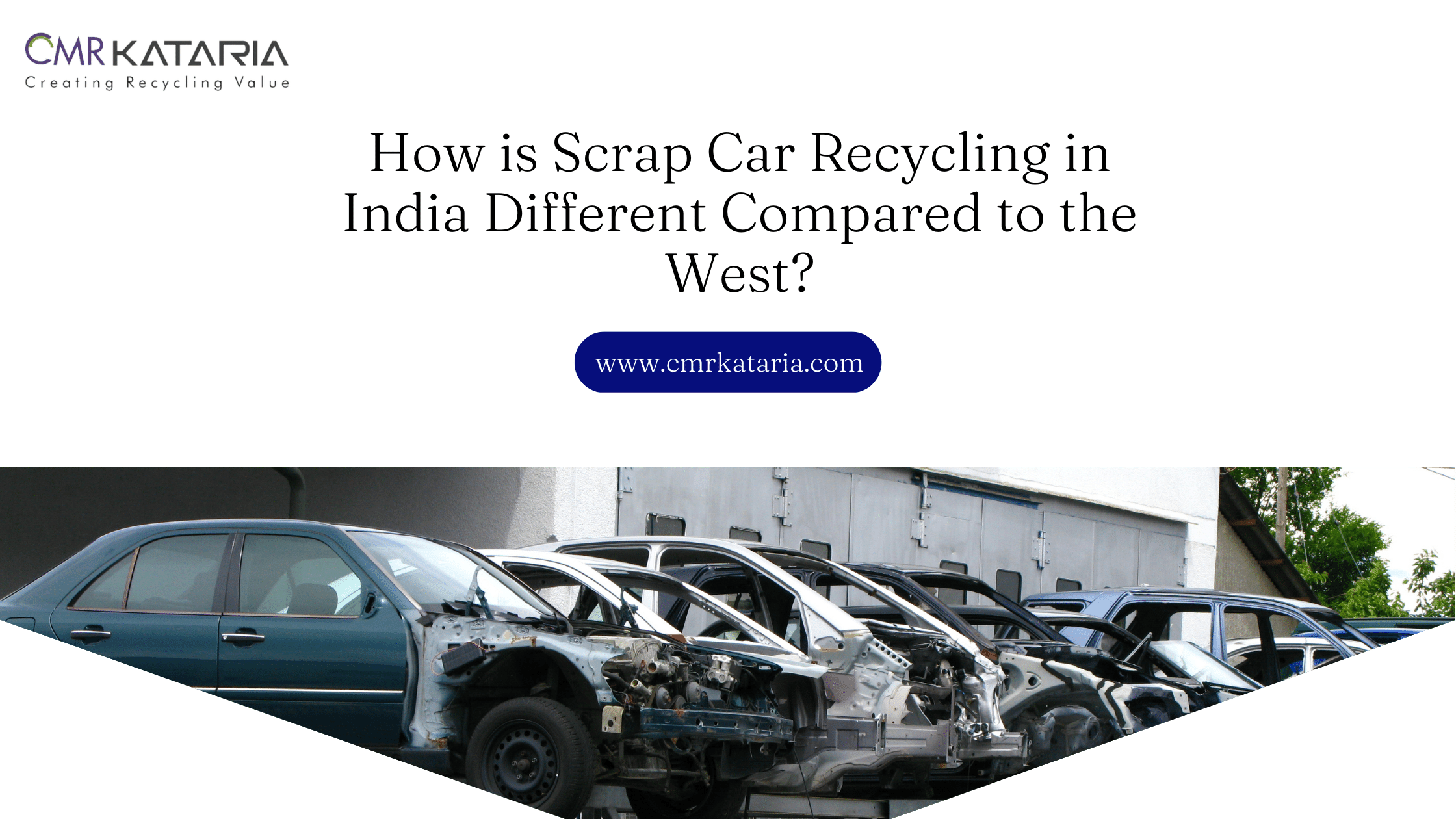Following the announcement of the New Vehicle Scrappage Policy – 2021, people are becoming more familiar with the idea of recycling scrap cars in India. It is clear that getting an end-of-life car scrapped and recycled in India still involves a lot of emotional and educational motivation. Instead, when it comes to letting go of a scrap car, people in western nations are fully aware and don’t let the emotional barrier get in the way. People are readily persuaded to sell their cars for scrap and voluntarily choose to recycle old cars. Even though there is a rise in the cnumber of ar scrap dealers in Ahmedabad, there are some issues that make the process hindered as compared to the west.
Lack of Knowledge
Recycling used automobiles promotes a circular economy, safeguards the environment, and increases the output of new cars. Lesser metals will be extracted as a result of the Steel and other notable metals acquired during the end of life vehicle recycling process. Recycled materials from the car scrap in ahmedabad can be used in 25% of newly produced vehicles. In India, such truths have barely been taught. They are therefore unaware of the crucial role that recycling used cars plays in determining the direction of the auto industry.
Less Awareness
For owners of scrap cars all around the country, the road to vehicle scrapping seems difficult since they lack access to a unified platform and database. The government should work to strengthen its marketing strategies now that India’s Automobile Scrapping Program has been implemented. The Indian people will be assisted and encouraged to systematically scrap their outdated vehicles if this is done.
Little idea from the government about the scrapping process
The Indian government had not done a good job of teaching the populace on how to deal with a scrap car. Many are unaware of the proper methods for selling their scrap autos as a result of these factors. They ultimately receive less for it, making it possible to keep it running with occasional maintenance. Vehicle owners are also pushed to make hasty decisions by their ignorance of the environment’s deadly consequences of trash vehicle pollution.
Burden on Existing Registered Vehicle Scrapping Facilities
India expects to phase out and discard more than 22 million vehicles nationwide by the year 2025. Yet, the strain on those that are already in place is increased by the lack of licenced vehicle scrapping facilities in India. But, in other nations, the vehicle scrapping industry is a viable option. Their residents may quickly dispose of their abandoned autos and rest in peace because they have access to many services.
Difficulty in Finding Reliable Scrap Car Buyers
There were a very small number of people who were aware that their cars may be sold and salvaged. The owners of the automobiles were not given a fair price for their scrap cars by the neighbourhood junk vendors. They don’t handle and salvage scrap vehicles according to a standardised technique either. For the owner of a scrap car, additional hazards only made matters worse. Those who even wanted to sell their car for scrap have been hesitant as a result.
Challenges in Setting Up New Registered Vehicle Scrapping Facilities
Getting the right amount of response from the proposed New Vehicle Scrappage Policy to succeed, is one of the most critical steps here. Given that India already has plans to phase out 12 million end-of-life vehicles, the challenge of developing the infrastructure for testing every junk vehicle must be completed quickly. The New Vehicle Scrappage Policy’s execution may be a little difficult in the lack of a supporting infrastructure. Only 2 authorised scrapping centres and 7 automated fitness test centres exist in India at the moment.







